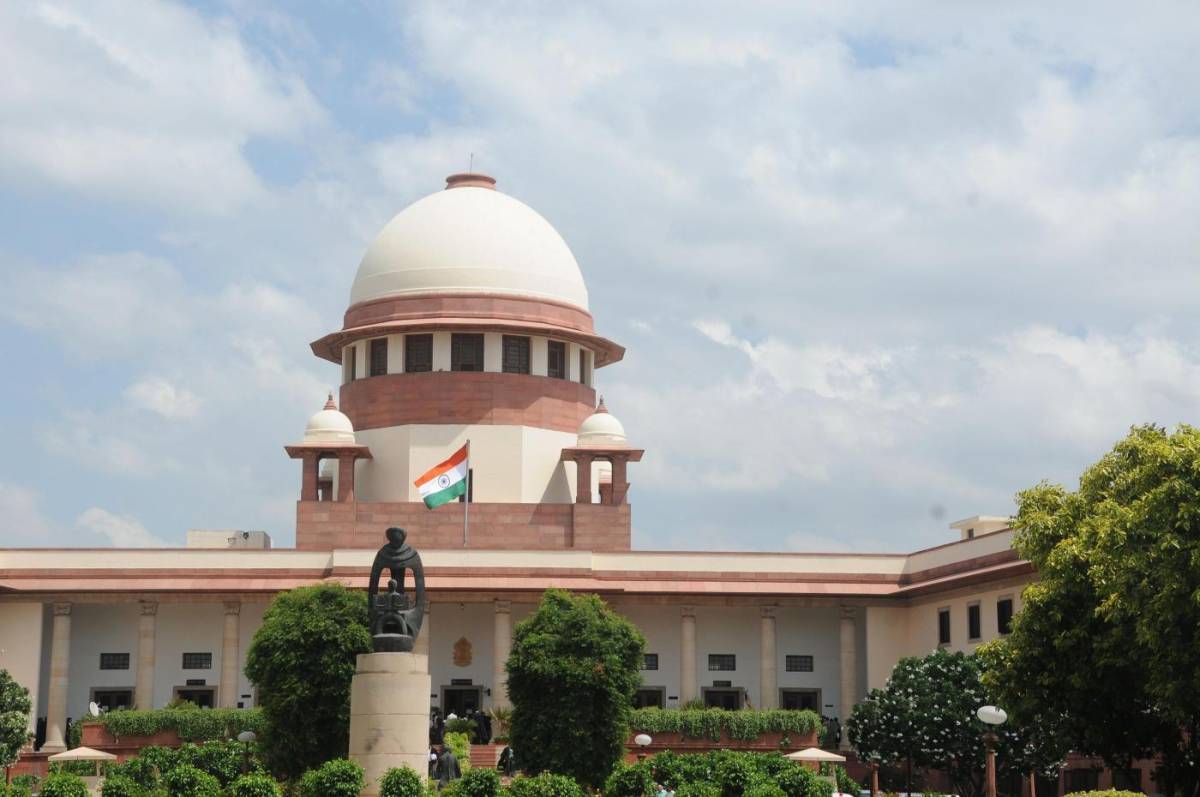The application points out that considering the nature of legislation under the 1991 Act and the affirmation of the Act by the Supreme Court as being a reflection of the basic features of the Constitution…reports Asian Lite News
The All India Muslim Personal Law Board has moved the Supreme Court opposing challenges to the Places of Worship (Special Provisions) Act, 1991.
“The Board has sought impleadment in two Public Interest Litigation (PIL) petitions challenging the constitutional validity of the Places of Worship (Special Provisions) Act, 1991,” AIMPLB General Secretary Moulana Khalid Saifullah Rahmani said in a statement.
“The assailed Petitions relate to unsettling a law about which the Supreme Court has already stated that the said law is ‘the commitment of India to the equality of all religions’ and further stated that the Act ‘is an affirmation of the solemn duty which was cast upon the State to preserve and protect the equality of all faiths a an essential constitutional value, a norm which has the status of being a basic feature of the Constitution’,” the AIMPLB has submitted in its application. according to the statement.
The application points out that considering the nature of legislation under the 1991 Act and the affirmation of the Act by the Supreme Court as being a reflection of the basic features of the Constitution, granting indulgence to petitions such as the present ones, will only create problems on the ground rather than resolving the claims of the alleged violation of fundamental rights of the litigants “who have their political agenda on priority”.
Such disputes disturb the social fabric of society by polarising the people on the ground of religion particularly when the country has witnessed blood baths after the controversy erupted in respect of Babri Masjid, said AIMPLB in the statement.
“The purpose of the 1991 Act is to put an end to alleged claims relating to the places of worship. It has been further stressed that any dispute relating to a place of worship between different communities is highly sensitive and endangers the breach of public order and disturbs the peace and tranquillity of society,” the plea underlined.

Leave a Reply